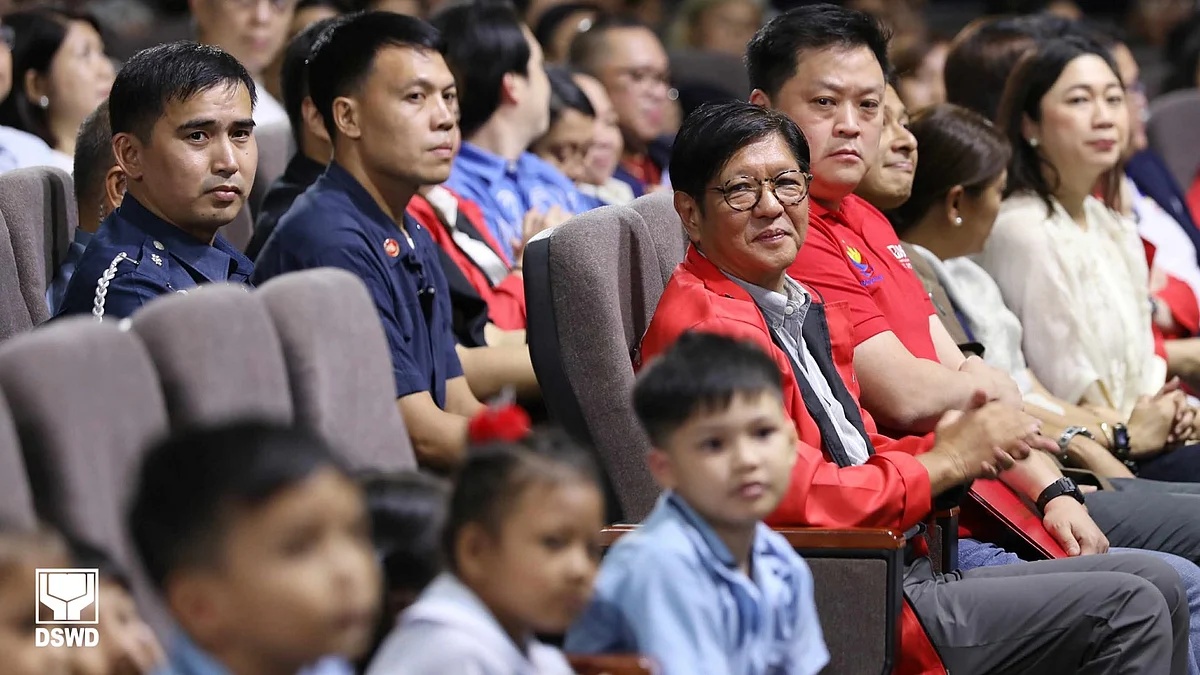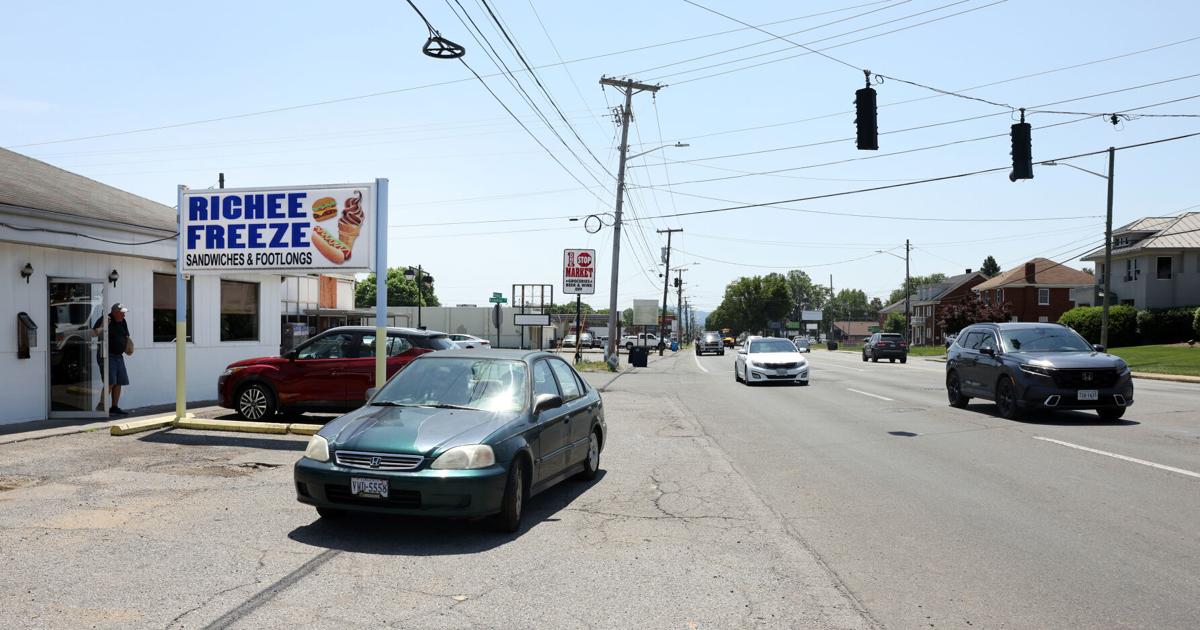
Higher education is in a moment of profound transformation driven not only by advances in technology, but also by growing demands for relevance, flexibility, and real-world impact. And while universities often look inward for solutions, the most promising ideas are increasingly emerging from beyond the traditional academic boundaries.
Institutions like mine, Virginia Commonwealth University (VCU), and peer institutions like those in the University Innovation Alliance, are demonstrating what it looks like to prototype the future of higher education by engaging outside experts in the inside work of design. Uncomfortable at times? Yes. However, it’s how we build the future with the people we serve, rather than for them.
At VCU, this approach has come to life through Shift Retail Lab, a signature program of the VCU da Vinci Center for Innovation. This nationally recognized storefront and innovation hub gives students and community members a place to test and launch ideas in real time. It’s where entrepreneurship isn’t confined to business majors, and feedback doesn’t come in the form of a grade, but through actual user engagement. In just two years, Shift has supported over 300 student- and community-led ventures, from sustainable fashion brands to social impact startups.
LIVED EXPERIENCE AND CULTURAL RELEVANCE
But Shift is more than a space; it’s a living prototype of what inclusive, future-facing higher education can look like. It challenges long-held assumptions about who belongs in the university ecosystem and what qualifies someone to lead, teach, or inspire.
Subscribe to the Daily newsletter.Fast Company’s trending stories delivered to you every day
Privacy Policy
|
Fast Company Newsletters
That ethos came to life when Everette Taylor, CEO of Kickstarter and proud Richmond native, stepped inside Shift Retail Lab. He didn’t just tour the space. He connected deeply with student founders, offered hard-won wisdom from his own entrepreneurial path, and modeled a radically different kind of leadership. It was forged outside the academy, grounded in lived experience and cultural relevance.
After this, he said yes.
Yes to delivering VCU’s Spring 2025 commencement address. Yes to becoming affiliate faculty and teaching and mentoring university students. Yes to helping reimagine higher education despite, or perhaps because of the fact that he never completed college himself.
That kind of “yes” is more than symbolic. It’s transformative. It’s the future.
DIFFERENT CREDENTIALS
In a system that still too often prizes pedigree over perspective, Everette’s involvement signals a powerful shift: one that elevates real-world experience, entrepreneurial grit, and community credibility as valuable credentials. It’s a bold endorsement of the idea that the people reshaping our industries should also be invited to help reshape our educational institutions.
If higher education is serious about preparing students for an uncertain, rapidly changing world, then it must embrace and engage those who’ve already navigated it successfully on their own terms. Everette Taylor didn’t just walk into a lab. He walked into the future of higher education and held the door open for others to follow.
advertisement
“The world is changing rapidly, and the next generation of entrepreneurs, creators, and makers will need to be equipped with new skills. Skills that are applicable and not just taught in traditional classroom settings,” he told us. “I was inspired to get involved with Shift because they have seemed to get it right, that education has to come from out-the-box creativity to serve an inclusive community of people that need the support. I hope to bring my unique perspective, coming from an untraditional background to a group of students who also may relate to being the odd duck. I want to give them not only my wisdom through my own experiences, but the confidence to go down their own unique path.”
A BLUEPRINT FOR CHANGE
This isn’t just a feel-good story. It’s a blueprint for change. Universities that are serious about innovation must do more than update curricula, digitize coursework, and embrace AI. They must rethink their very structures of who teaches, who learns, who leads, and who benefits.
This kind of boundary-spanning work is no longer optional; it’s essential. The future of work demands agility, creativity, and collaboration. Students need more than lectures; they need labs. More than content; they need context. And more than credentials; they need confidence earned through experience.
“I’ve been in the world of entrepreneurship and tech for 15-16 years, and this has been the most transformative era that I’ve ever experienced,” Taylor told us. “Education has to evolve, and evolving now is already too late. It should’ve been happening. Things are moving at a rapid speed. Education programs have to be nimble and be able to pivot fast just like a startup or we will be doing the next generation a disservice. I believe VCU is on the right path, and I want to be a part of that.”
By engaging leaders like Everette Taylor who’ve built, failed, adapted, and thrived, universities like VCU are bridging the gap between aspiration and access. These universities are sending a clear message to students: Your background doesn’t define your future, but your ideas just might.
As we prototype the next chapter of higher education, let’s make sure we’re building with students, communities, and industry—not just for them. Let’s invite those who’ve forged their own paths to help pave the way for others. And let’s remember that innovation doesn’t happen in isolation. It happens at the intersection of experience, empathy, and action.
That’s the future Shift is building. And we’re just getting started.
Garret Westlake is vice provost for innovation and strategic design at Virginia Commonwealth University.



